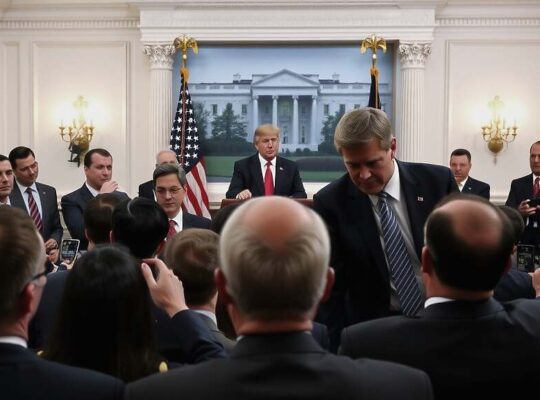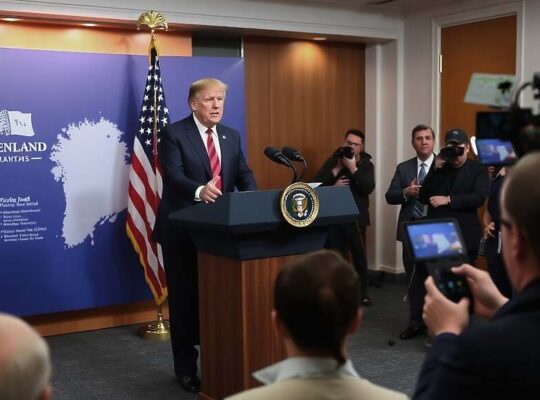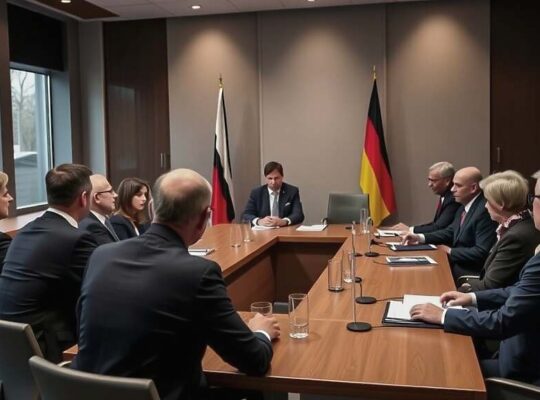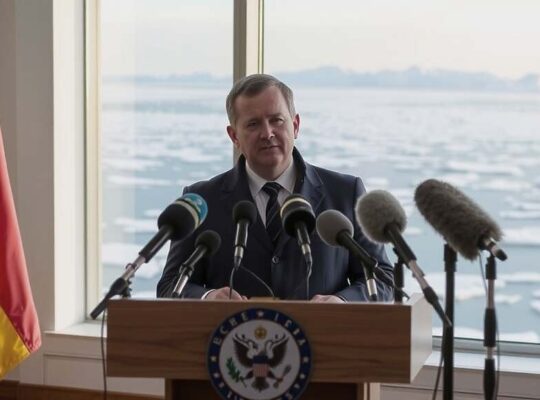Israel’s ambassador to Germany, Ron Prosor, has issued a stark warning, asserting that Israel will not tolerate the emergence of another “terrorist state” in the region. In an interview with Politico, Prosor criticized what he termed the downplaying of Hamas’s ideology, arguing that this misjudgment has resulted in a significant cost for Israel.
Prosor’s statement outlines a controversial interpretation of recent geopolitical shifts, claiming Israel has unilaterally reshaped its neighborhood. He pointed to Lebanon, where he suggested the presence of a government largely divorced from Hezbollah’s influence, Syria, where Assad’s authority is diminished and Iran, where he believes the power of the “mullahs and ayatollahs” is waning. This perceived vacuum, he argues, presents Israel with an unprecedented opportunity to construct “new regional structures”. Central to this vision is the complete dismantling of Hamas’s military infrastructure.
The ambassador’s comments raise crucial questions about Israel’s ambition for regional dominance and the potential for further destabilization. While he advocates for a shift toward democratic structures, the stated prerequisite of eliminating Hamas through military action casts a shadow on the prospects for genuine reconciliation and peace. Critics are likely to question whether Israel’s unilateral actions, presented as reshaping the neighborhood, amount to an imposition of its own agenda on sovereign nations, potentially fueling resentment and further conflict.
Prosor also addressed Germany’s role in the evolving regional dynamics, highlighting what he considers a kindred spirit in CDU leader Friedrich Merz. He expressed confidence that Germany can leverage its influence, suggesting a desire for Berlin’s support and a potential shift in German diplomatic prioritization towards aligning more closely with Israel’s objectives. This emphasis on a specifically political and even potentially increased strategic alignment with Germany also points to a desire to insulate Israel from persistent criticisms regarding its policies. The suggestion raises concerns about the potential for further influence of a single political figure within the broader German foreign policy apparatus and the potential for a shift away from a more critical perspective on Israeli actions.












